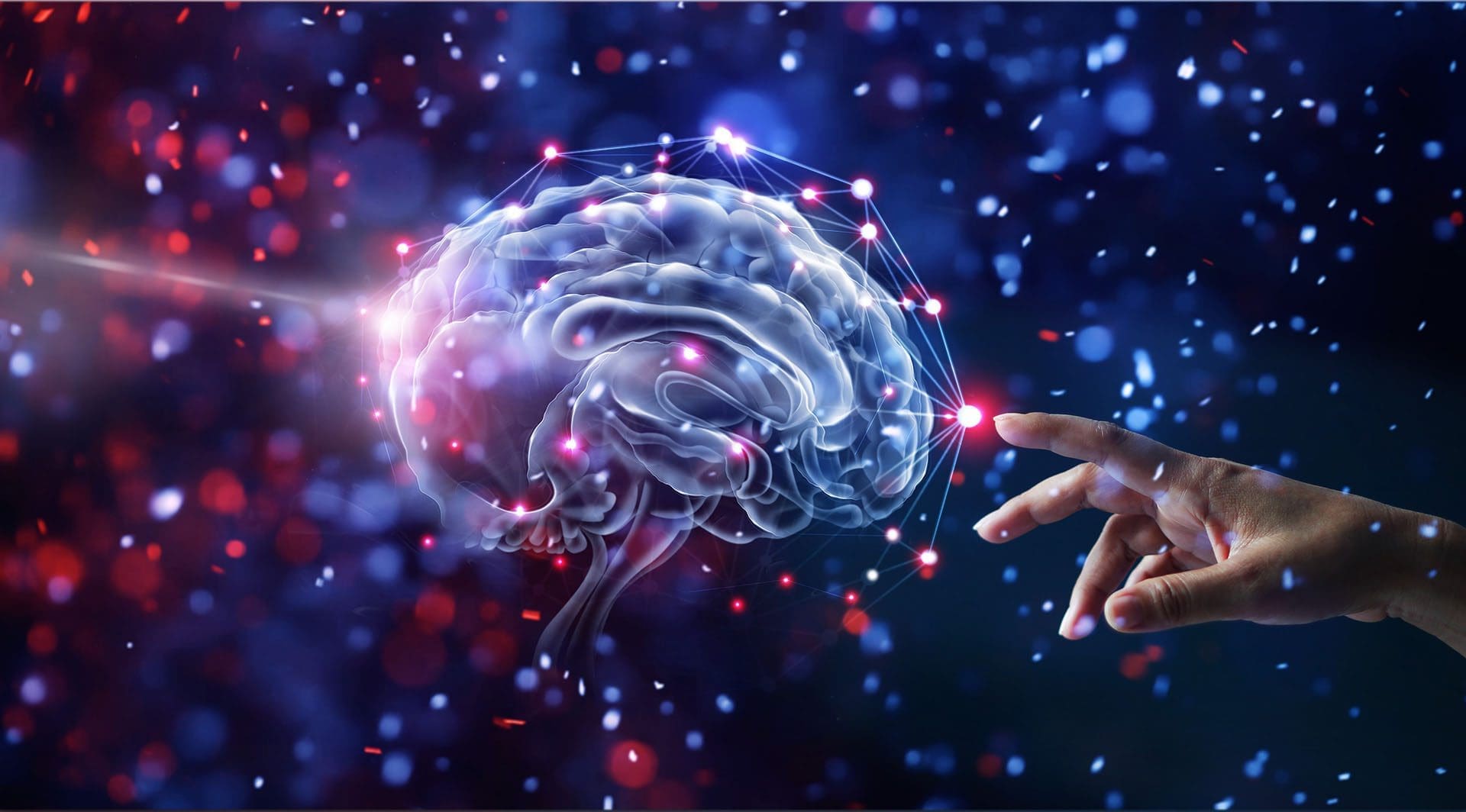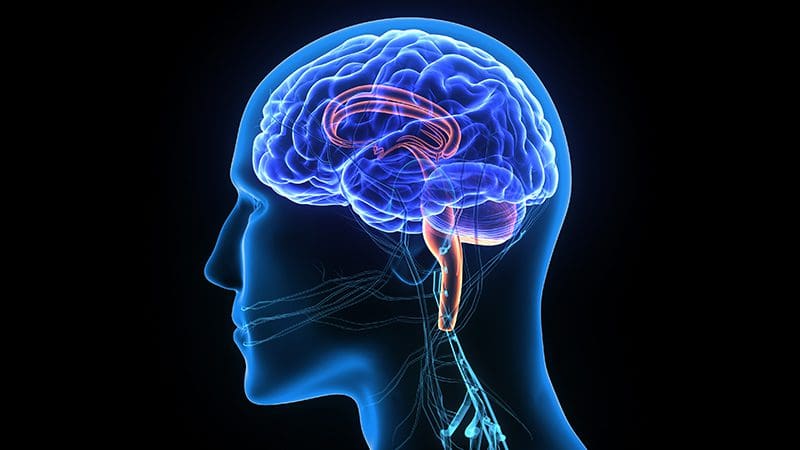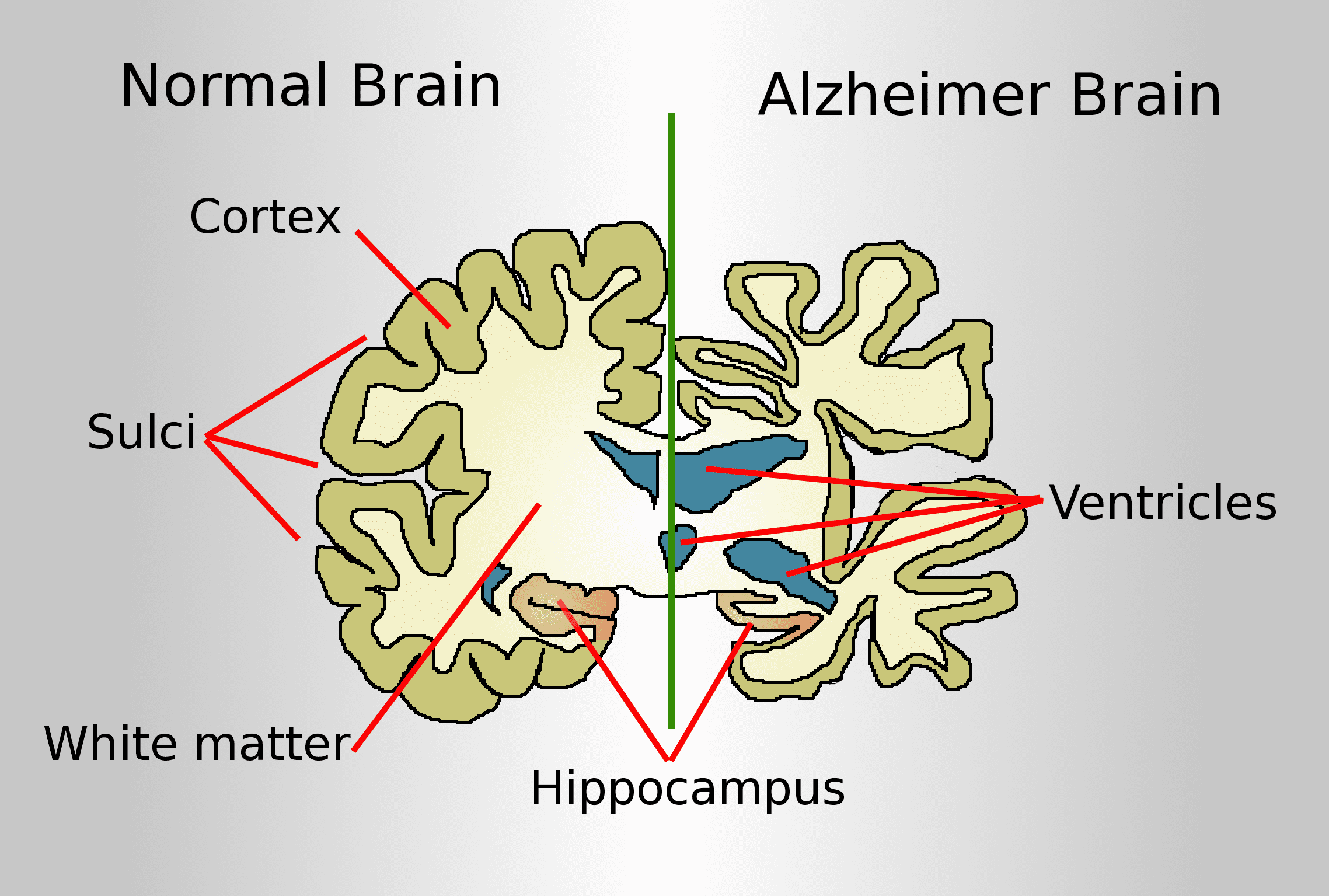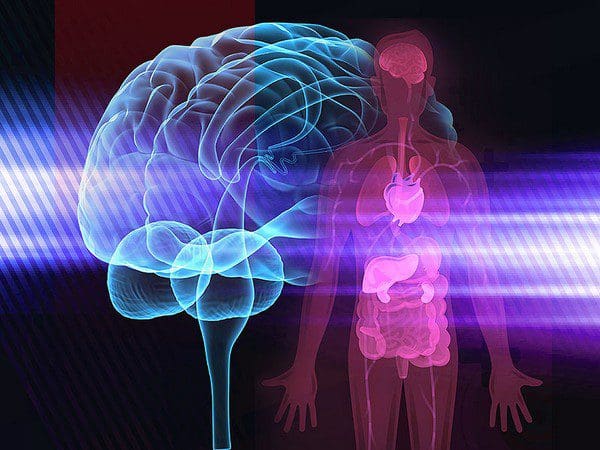
Table of Contents
Introduction
The brain is part of the central nervous system where its main function is to send out neuron signals all throughout the body in a bidirectional connection as it sends the information back. When there are unwanted pathogens that disrupt the neuron signals, it can cause the entire body to be dysfunctional and cause unwanted problems to the brain, gut, musculoskeletal, and immune system. Through the use of functional neurology, many healthcare providers have found ways to help individuals by dampening the effects of neurological disorders from progressing further. In this 2 part series, we will be taking a look at what is functional neurology, its relationship with functional medicine, and how functional neurology can help dampen the effects of neurological disorders. In Part 2, we will take a look at what is ALS and how functional neurology diagnoses ALS. By referring patients to qualified and skilled providers who specialized in neurological services. To that end, and when appropriate, we advise our patients to refer to our associated medical providers based on their examination. We find that education is the key to asking valuable questions to our providers. Dr. Alex Jimenez DC provides this information as an educational service only. Disclaimer
Can my insurance cover it? Yes, in case you are uncertain here is the link to all the insurance providers we cover. If you have any questions, please call Dr. Jimenez at 915-850-0900.
What Is Functional Neurology?
So functional neurology is a branch of medicine that deals with disorders of the nervous system. Functional neurology deals with the diagnosis and treatment of all categories of conditions and diseases involving the central and peripheral nervous systems, including their coverings, blood vessels, and all effector tissue, such as muscle. Studies have found that functional neurology is one of the many specialties that are within the world of chiropractic practices. Within chiropractic practice, many chiropractors will start manipulating the spine on patients causing a sense of relief on the spinal nerves. When the spinal nerves are disrupted it causes an imbalance to the nerve output in the body, thus resulting in an unhealthy body and chronic neurological disorders will develop over time.
What Is Functional Medicine?
Functional medicine is system biology that is based on an approach and focuses on identifying and addressing the root cause of disease. Since each symptom or differential diagnosis may be one of many
contributing to an individual’s illness. Research studies show that functional medicine is represented as a therapeutic partnership between the patient and the practitioner that focuses on the underlying causes of many diseases from a systems biology perspective.
How Do They Work Together?
This combination of neurology with functional medicine demands that everyone should understand the disease that they are experiencing, understand the diagnosis which includes the natural history of the disease and standards of care in managing the disorder, along with the ability to consider the unique factors that cause the disease in the individual patient. What this means is that talking with a healthcare provider about what is making a person feel horrible can provide them with the answers that they have been searching for. With the application of functional medicine and functional neurology combined, is how many providers guide the patient through a program that ultimately accomplishes a change in the disease trajectory and a transformation of the individual affected by the disease (functional medicine). Some the examples that functional neurology and medicine actually look include:
- Mental Status
- Cranial Nerves
- Motor Examination
- Bulk, Tone, Power
- Coordination
- Sensation
- Pain/Temperature
- Vibration/Proprioception
- Deep Tendon Reflexes and Primitive Reflexes
- Gait and Station
HCTP Therapy
Stem cells* or HCTP (human cellular tissue products) are part of regenerative cellular treatment that helps boost the body’s own natural healing process. Both international and nationally affiliated clinics and distribution organizations use HCTP to help repair and regenerate damaged cells, diseased organs, and tissues back to their original function in the body. With many upcoming research studies about the beneficial factors of HCTP, many individuals can begin their wellness journey pain-free from chronic disorders.
Functional Neurology & Neurological Diseases
Since functional neurology deals with diagnosing and treating neurological disorders, research has shown that functional neurological disorders are related to how the brain functions and not to the damage that was caused to the brain’s structure. With this, many healthcare providers can give patients an early diagnosis and treatment to help with the recovery process. Other research studies have also found that when someone has functional neurological disorders, they can function normally like everybody else, however, their brain is unable to send and receive the neuron signals properly causing a disconnection to the lobes’ function and emotional processing in the brain.
Functional Neurology & Alzheimer’s Disease
So the term “Alzheimer’s disease†actually refers to an aggregate of neuropathologic changes and thus is defined in vivo by biomarkers and by postmortem examination, not by clinical symptoms. Research studies have shown that Alzheimer’s disease is a progressive neurological disorder that causes the brain to go into atrophy and causes the brain cells to die. As a common form of dementia, Alzheimer’s disease causes deficits in two or more areas of cognition, and it progressively worsening of memory and other cognitive functions. There are no actual disturbances of consciousness as more studies show that the manifestations of Alzheimer’s include the disturbances in the brain’s area where memory and language do function. Alzheimer’s disease occurs between ages 40 and 90, most often after age 65; and with the absence of systemic disorders or other brain diseases that in and of themselves could account for the
progressive decline in memory and cognition due to this progressive neurological disorder.
Functional Neurology & Chronic Inflammation
Inflammation in the body in its acute form is beneficial as it makes sure that it repairs the damaged area. As research studies have shown that inflammation is a fundamental, complex response that eliminates infections and the initial cause of cell injury. Even though it is beneficial in its acute form when it turns into chronic inflammation it can cause tissue damage to the organs and can affect the brain. This is known as neuroinflammation and studies have shown that neuroinflammation is an inflammatory response that is within the brain or the spinal cord. When the inflammatory cytokines are attaching themselves to the neuron signals, it can weaken the blood-brain barrier and cause many unwanted symptoms to the brain. Some of the risk factors that can cause inflammation include:
- Poor sleep habits
- Eating inflammatory foods
- Sedentary lifestyle
- Chronic stress
- Social isolation
- Environmental toxins
- Chronic infections
Conclusion
All in all, functional neurology helps deal with the diagnosis and treatment of neurological disorders in the brain. When there are neurological disorders like Alzheimer’s disease and chronic neuroinflammation that are causing the brain to stop sending the neuron signals all throughout the body, can cause it to develop into chronic illnesses over time. Through the combination of functional neurology and functional medicine, many health care providers can help many individuals understand what is happening and can guide them on their wellness journey to be pain-free.
References
Bland, Jeffrey. “Functional Medicine: An Operating System for Integrative Medicine.†Integrative Medicine (Encinitas, Calif.), InnoVision Professional Media, Oct. 2015, www.ncbi.nlm.nih.gov/pmc/articles/PMC4712869/.
DiSabato, Damon J, et al. “Neuroinflammation: The Devil Is in the Details.†Journal of Neurochemistry, U.S. National Library of Medicine, Oct. 2016, www.ncbi.nlm.nih.gov/pmc/articles/PMC5025335/.
Margach, Russell W. “Chiropractic Functional Neurology: An Introduction.†Integrative Medicine (Encinitas, Calif.), InnoVision Health Media Inc., Apr. 2017, www.ncbi.nlm.nih.gov/pmc/articles/PMC6413643/.
Medical Professionals, NINDS. “Functional Neurologic Disorder.†National Institute of Neurological Disorders and Stroke, U.S. Department of Health and Human Services, 2 Aug. 2021, www.ninds.nih.gov/Disorders/Patient-Caregiver-Education/Fact-Sheets/Functional-Neurologic-Disorder.
Schachter, Armand S, and Kenneth L Davis. “Alzheimer’s Disease.†Dialogues in Clinical Neuroscience, Les Laboratoires Servier, June 2000, www.ncbi.nlm.nih.gov/pmc/articles/PMC3181599/.
Skaper, Stephen D, et al. “An Inflammation-Centric View of Neurological Disease: Beyond the Neuron.†Frontiers in Cellular Neuroscience, Frontiers Media S.A., 21 Mar. 2018, www.ncbi.nlm.nih.gov/pmc/articles/PMC5871676/.
Staff, Mayo Clinic. “Alzheimer’s Disease.†Mayo Clinic, Mayo Foundation for Medical Education and Research, 19 Feb. 2022, www.mayoclinic.org/diseases-conditions/alzheimers-disease/symptoms-causes/syc-20350447.
Staff, Mayo Clinic. “Functional Neurologic Disorder/Conversion Disorder.†Mayo Clinic, Mayo Foundation for Medical Education and Research, 11 Jan. 2022, www.mayoclinic.org/diseases-conditions/conversion-disorder/symptoms-causes/syc-20355197.
Disclaimer
Disclaimers
Professional Scope of Practice *
The information herein on "An Insight View On Functional Neurology | Part 1" is not intended to replace a one-on-one relationship with a qualified health care professional or licensed physician and is not medical advice. We encourage you to make healthcare decisions based on your research and partnership with a qualified healthcare professional.
Blog Information & Scope Discussions
Welcome to El Paso's wellness blog, where Dr. Alex Jimenez, DC, FNP-C, a board-certified Family Practice Nurse Practitioner (FNP-C) and Chiropractor (DC), presents insights on how our team is dedicated to holistic healing and personalized care. Our practice aligns with evidence-based treatment protocols inspired by integrative medicine principles, similar to those found on dralexjimenez.com, focusing on restoring health naturally for patients of all ages.
Our areas of chiropractic practice include Wellness & Nutrition, Chronic Pain, Personal Injury, Auto Accident Care, Work Injuries, Back Injury, Low Back Pain, Neck Pain, Migraine Headaches, Sports Injuries, Severe Sciatica, Scoliosis, Complex Herniated Discs, Fibromyalgia, Chronic Pain, Complex Injuries, Stress Management, Functional Medicine Treatments, and in-scope care protocols.
Our information scope is limited to chiropractic, musculoskeletal, physical medicine, wellness, contributing etiological viscerosomatic disturbances within clinical presentations, associated somato-visceral reflex clinical dynamics, subluxation complexes, sensitive health issues, and functional medicine articles, topics, and discussions.
We provide and present clinical collaboration with specialists from various disciplines. Each specialist is governed by their professional scope of practice and their jurisdiction of licensure. We use functional health & wellness protocols to treat and support care for the injuries or disorders of the musculoskeletal system.
Our videos, posts, topics, subjects, and insights cover clinical matters, issues, and topics that relate to and directly or indirectly support our clinical scope of practice.*
Our office has reasonably attempted to provide supportive citations and has identified the relevant research studies or studies supporting our posts. We provide copies of supporting research studies available to regulatory boards and the public upon request.
We understand that we cover matters that require an additional explanation of how they may assist in a particular care plan or treatment protocol; therefore, to discuss the subject matter above further, please feel free to ask Dr. Alex Jimenez, DC, APRN, FNP-BC, or contact us at 915-850-0900.
We are here to help you and your family.
Blessings
Dr. Alex Jimenez DC, MSACP, APRN, FNP-BC*, CCST, IFMCP, CFMP, ATN
email: coach@elpasofunctionalmedicine.com
Licensed as a Doctor of Chiropractic (DC) in Texas & New Mexico*
Texas DC License # TX5807
New Mexico DC License # NM-DC2182
Licensed as a Registered Nurse (RN*) in Texas & Multistate
Texas RN License # 1191402
ANCC FNP-BC: Board Certified Nurse Practitioner*
Compact Status: Multi-State License: Authorized to Practice in 40 States*
Graduate with Honors: ICHS: MSN-FNP (Family Nurse Practitioner Program)
Degree Granted. Master's in Family Practice MSN Diploma (Cum Laude)
Dr. Alex Jimenez, DC, APRN, FNP-BC*, CFMP, IFMCP, ATN, CCST
My Digital Business Card









